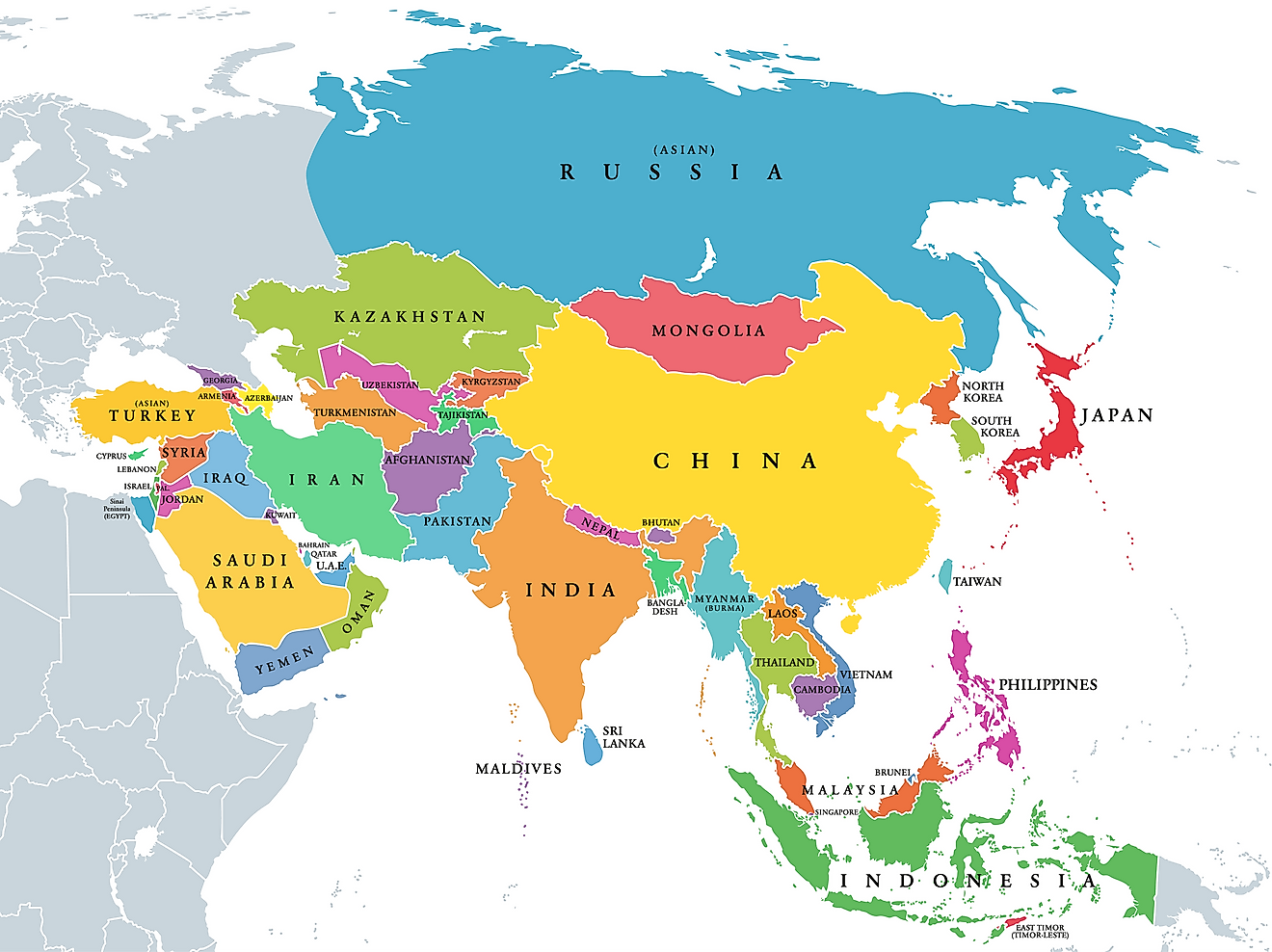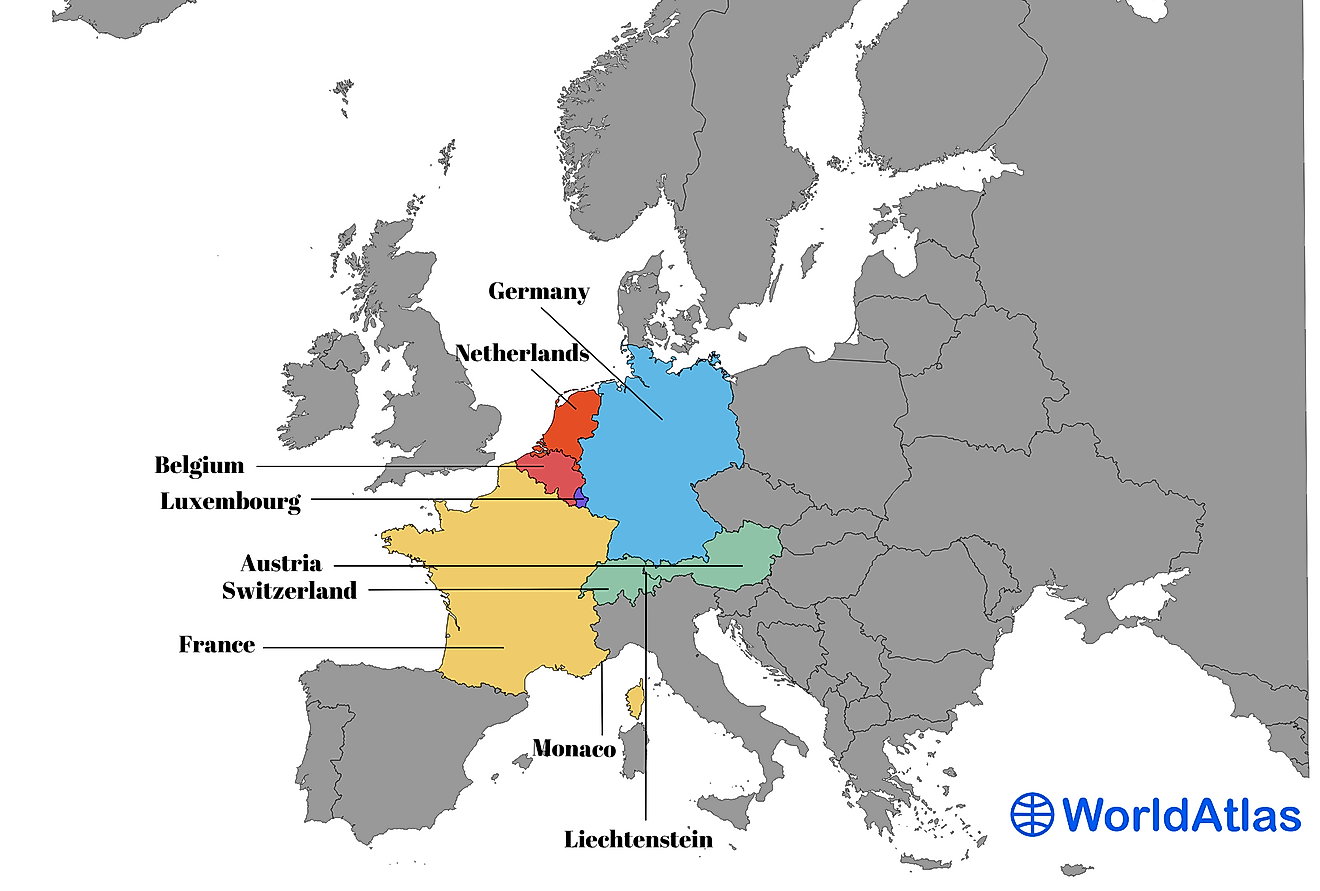What is Isolationism?

Isolationism is a national policy that seeks to avoid economic and political entanglement with other sovereign nations by trying to make one’s economy self-reliant. An isolationist nation avoids entering into international economic commitments, alliances, and international agreements. It is a type of foreign affairs policy that is supported by politicians who believe that their economies can grow by staying away from other nations. One of the primary motivating factors behind isolationism is to avoid being drawn into undesirable conflicts.
Isolationism By Country
United States
While numerous scholars like Robert Art, argue that the U.S. has an isolationist history, others argue against it, claiming that the U.S. followed a non-interventionism or unilateralism strategy. Isolationism in the U.S. refers to the country's longstanding reluctance to get involved in the European wars and alliances. Earlier American politicians argued that the U.S. should avoid permanent alliances that do not benefit the American nation and instead focus of domestic issues. After the Second World War began, Americans maintained a state of neutrality. President Woodrow advised the country against being ideologically involved in the war. President Woodrow changed his mind after observing various Germans aggression acts like the sinking of the Lusitania (a British ocean liner). The death of many civilians forced the U.S. to take a leadership role in peace keeping and promoting sovereignty and freedom of all nations.
Paraguay
After gaining their independence, Dictator Jose Rodriguez closed the borders of Paraguay and prohibited trade or any other kind of relation with other countries. Paraguay was an isolationist state from 1814 to 1840 when Jose Rodriguez died. The Spanish settler who had migrated to Paraguay before 1815 was forced to intermarry with Guarani or the old colonists. Rodriguez disliked foreigners, and anyone who came the country was not allowed to leave. He despised the European influence and the Catholic Church. Rodriguez turned all confession boxes to boundary guard posts and all church courtyards into armament parks.
North Korea
King Gojong took over the Joseon Dynasty while he was a child in 1863; therefore Regent Daewongun, his father, ruled on his behalf until he grew up. King Gojong was the primary advocate of isolationism and key instrument of prosecution of foreign and native Catholics during the mid-1860s. After the region gained their independence from Japan, Kim Il-sung started an isolationist regime in North Korea that his son and grandchild continued to date.
China
After Zheng He’s voyages in the fifteenth century, the Ming Dynasty’s foreign policy became more isolationist. In China, the first Ming Dynasty leader to propose isolationism was Zhu Yuanzhang, the Hongwu Emperor who wanted to ban all the maritime shipping. The Qing dynasty, which replaced the Ming dynasty, continued the isolationist policy.
Other Isolationist Countries
Other examples of isolationist countries include Bhutan, where Bhutanese monarchs had banned the internet and television in the country to preserve their identity, environment, and culture until 1999 when Jigme Wangchuck, lifted the ban. In Japan, Tokugawa shogunate enforced the Kaikin policy in Japan from 1641 to 1853. The Kaikin policy prohibited foreign relations with other countries. Japan did not close its borders completely since it maintained diplomatic and limited-scale trade relations with the Ryukyu Islands, Korea, and China. During that time Japanese culture developed with limited foreign influence and the country experienced a very long period of peace.











